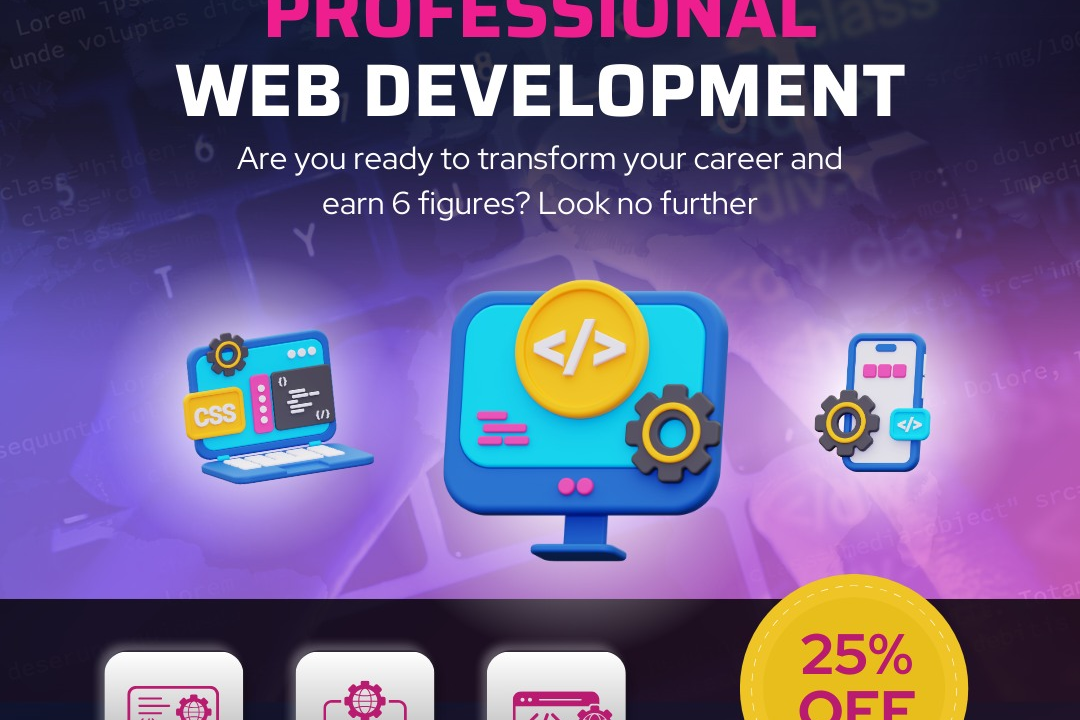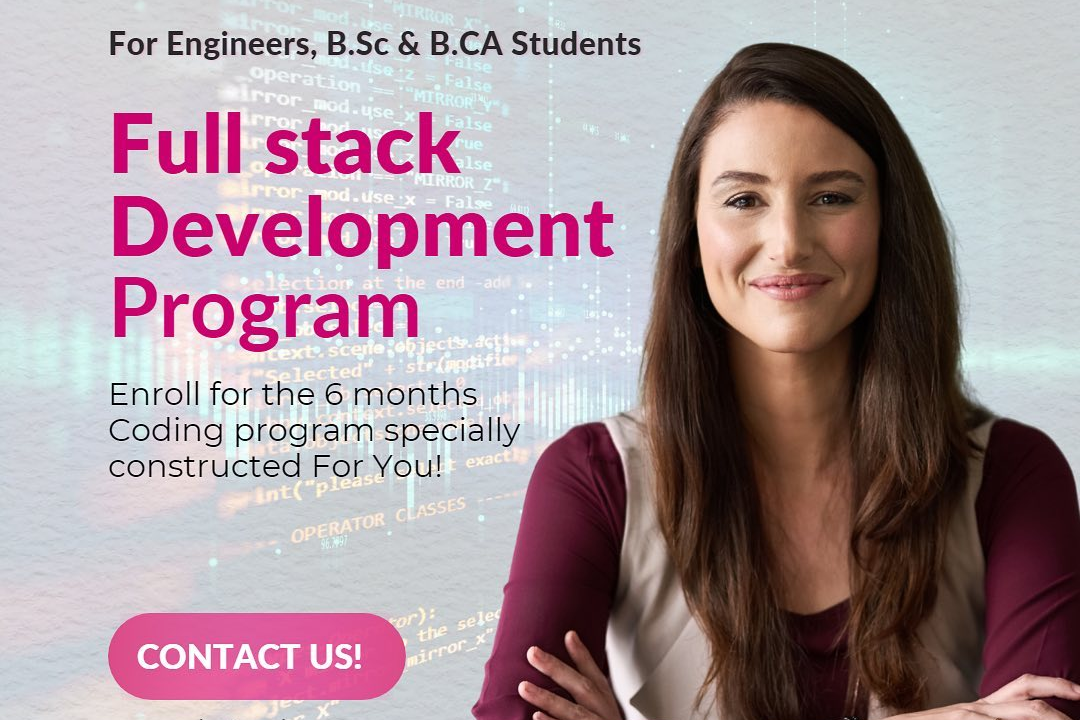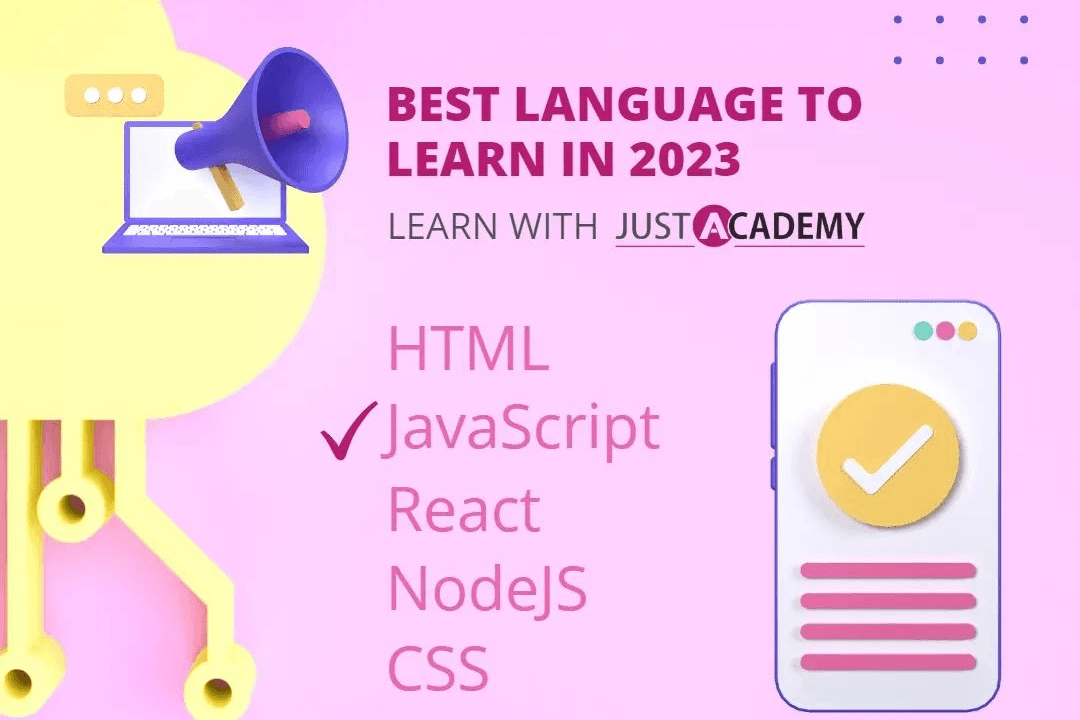React Native Questions for Interview
React Native Interview Questions and Answers
React Native Questions for Interview
React Native is valued in interviews due to its cross-platform compatibility, enabling developers to build mobile applications for both iOS and Android using a single codebase. Its declarative UI approach, facilitated by JSX, offers improved developer productivity and reduced code complexity. The ability to reuse components across platforms enhances efficiency and consistency. React Native's strong community support, extensive ecosystem of third-party libraries, and active development process make it a sought-after technology for interview questions.
To Download Our Brochure: https://www.justacademy.co/download-brochure-for-free
Message us for more information: +91 9987184296
1 - Explain the concept of Hooks in React Native.
Hooks are a new feature in React that allows you to hook into the component's state and lifecycle without having to write class components.
2) Describe the difference between state and props in React Native.
State is local and managed within a component, while props are passed from a parent component to a child component.
3) How do you handle asynchronous operations in React Native?
You can use Promises, Async/Await, or the Fetch API to handle asynchronous operations.
4) What is the purpose of the `useEffect` hook?
`useEffect` is a hook that allows you to perform side effects, such as fetching data or setting up event listeners, after the component has rendered.
5) How do you optimize performance in React Native?
You can use various techniques such as caching, lazy loading, and optimizing images to improve performance.
6) What are the different ways to navigate between screens in React Native?
You can use `NavigationExperimental`, `react navigation`, or `react native router flux` to navigate between screens.
7) How do you handle touch events in React Native?
You can use the `TouchableHighlight`, `TouchableOpacity`, or `TouchableWithoutFeedback` components to handle touch events.
8) What is the difference between a `View` and a `Text` component in React Native?
`View` is a container that can hold other components, while `Text` is used to display text.
9) How do you use the `StyleSheet` API in React Native?
The `StyleSheet` API is used to create and manage styles for your components.
10) What are the advantages of using React Native for mobile development?
React Native allows you to write cross platform apps using JavaScript and React, which can save time and resources.
11 - How do you debug React Native apps?
You can use React Native Debugger or Chrome Developer Tools to debug React Native apps.
12) What are some common performance issues in React Native apps?
Common performance issues include excessive rendering, inefficient use of the main thread, and large bundle sizes.
13) How do you handle state management in React Native?
You can use Redux, MobX, or Apollo Client for state management in React Native.
14) What are the best practices for writing accessible React Native apps?
Use semantic HTML elements, provide descriptive labels, and ensure sufficient contrast ratios for text.
15) How do you internationalize React Native apps?
You can use the `react native i18n` library to internationalize React Native apps.
There are several ways to get more points. Here are a few tips:
- Answer more questions. The more questions you answer, the more points you will earn.
- Answer questions correctly.* Correct answers are worth more points than incorrect answers.
- Answer questions quickly.* The faster you answer a question, the more points you will earn.
- Bonus points.* You can earn bonus points for answering questions in certain categories or for answering questions in a row.
- Daily bonus.* You can earn a daily bonus for answering a certain number of questions each day.
- Here are some additional tips:
- Use the search bar.* The search bar can help you find questions that you are interested in or that you are good at answering.
- Follow topics.* Following topics can help you stay up to date on the latest questions and discussions.
- Participate in discussions.* Participating in discussions can help you learn from others and earn points.
- Help others.* Helping others by answering their questions or providing feedback can earn you points.
- Remember, the most important thing is to have fun and learn. The points are just a bonus!
- Course Overview
- This course provides comprehensive preparation for interview questions related to React Native, a popular JavaScript framework for building cross-platform mobile applications. It covers essential concepts, best practices, development tools, performance optimization, and common design patterns, equipping you with the knowledge and understanding necessary to confidently navigate React Native interviews.
- Course Description
- Ace your next React Native interview with our comprehensive course designed to prepare you with key questions and in-depth discussions on essential React Native concepts. Covering topics from core principles to advanced optimizations, this course will empower you to showcase your expertise and secure your dream job.
- Key Features
- 1 - Comprehensive Tool Coverage: Provides hands-on training with a range of industry-standard testing tools, including Selenium, JIRA, LoadRunner, and TestRail.
- 2) Practical Exercises: Features real-world exercises and case studies to apply tools in various testing scenarios.
- 3) Interactive Learning: Includes interactive sessions with industry experts for personalized feedback and guidance.
- 4) Detailed Tutorials: Offers extensive tutorials and documentation on tool functionalities and best practices.
- 5) Advanced Techniques: Covers both fundamental and advanced techniques for using testing tools effectively.
- 6) Data Visualization: Integrates tools for visualizing test metrics and results, enhancing data interpretation and decision-making.
- 7) Tool Integration: Teaches how to integrate testing tools into the software development lifecycle for streamlined workflows.
- 8) Project-Based Learning: Focuses on project-based learning to build practical skills and create a portfolio of completed tasks.
- 9) Career Support: Provides resources and support for applying learned skills to real-world job scenarios, including resume building and interview preparation.
- 10) Up-to-Date Content: Ensures that course materials reflect the latest industry standards and tool updates.
Benefits of taking our course
Functional Tools
1 - React Native: An open source framework for building cross platform mobile applications using JavaScript and React. It allows developers to create native like experiences on iOS and Android platforms.
2) JavaScript: A dynamic, interpreted programming language used primarily for developing web applications and mobile apps using React Native. It is a versatile language that supports object oriented, functional, and imperative programming styles.
3) Redux: A state management library for React applications that helps maintain a consistent and predictable application state, making it easier to manage complex data flows and interactions.
4) Expo: A toolchain that simplifies the development and deployment of React Native applications, providing pre built libraries, debugging tools, and over the air updates.
5) Git: A distributed version control system that allows developers to collaborate on code changes, track project history, and manage changes efficiently.
6) Node.js: A JavaScript runtime environment that enables developers to run JavaScript code on the server side. It is commonly used for back end development and API creation in React Native projects.
7) Yarn: A package manager for JavaScript and React Native that helps install, update, and manage dependencies, ensuring project consistency and reproducibility.
8) Jest: A testing framework for React Native applications that allows developers to write unit tests, integration tests, and snapshot tests to ensure code quality and stability.
- Complete quests. This is the most straightforward way to earn points. Quests are tasks that you can complete to earn rewards, including points. You can find quests by talking to NPCs, reading bulletin boards, or checking the quest log.
- Kill enemies.* Killing enemies will also earn you points. The more powerful the enemy, the more points you will earn. You can find enemies by exploring the world, or by participating in quests.
- Collect items.* Collecting items can also earn you points. Some items are worth more points than others, so be sure to collect everything you can find. You can find items by looting enemies, opening chests, or gathering them from the environment.
- Trade with NPCs.* You can trade items with NPCs to earn points. The value of the items you trade will determine how many points you earn. You can find NPCs in towns, villages, and other locations.
- Participate in events.* Events are special activities that are held periodically. Participating in events can earn you points, as well as other rewards. You can find events by checking the event calendar or by talking to NPCs.
Browse our course links : https://www.justacademy.co/all-courses
To Join our FREE DEMO Session: Click Here
This information is sourced from JustAcademy
Contact Info:
Roshan Chaturvedi
Message us on Whatsapp:
Email id: info@justacademy.co












